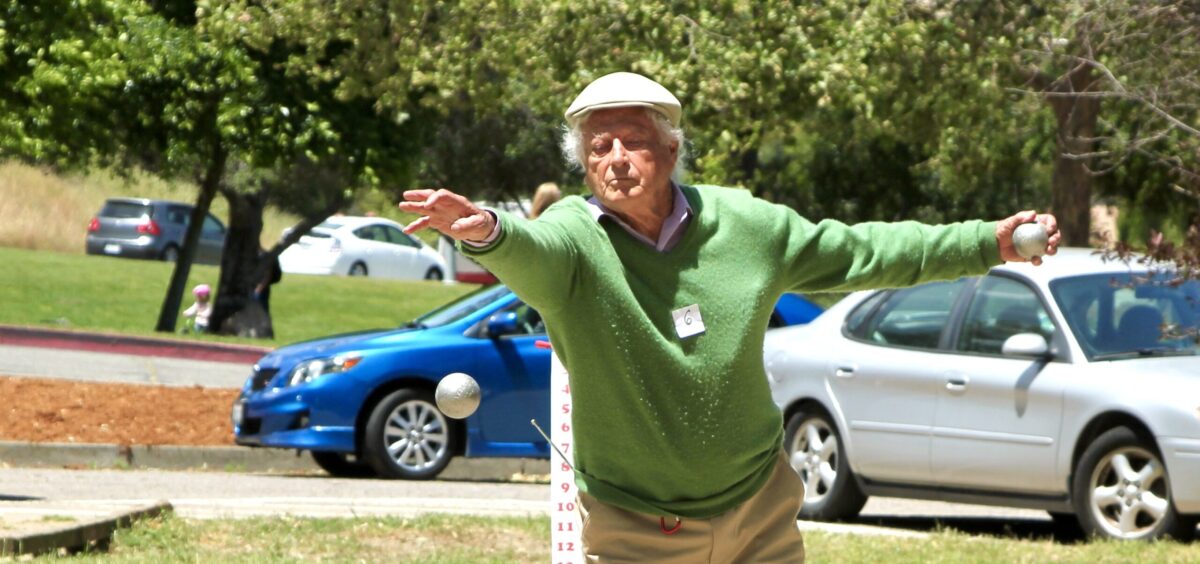 About a month ago, I reluctantly agree to start dialysis. Now, 3 times a week I trek to the dialysis clinic to have my blood cleansed. Each 3 ½ hours session brings hours that stretch with time and marked by the slow (very slow) ticking of an unfeeling clock.
About a month ago, I reluctantly agree to start dialysis. Now, 3 times a week I trek to the dialysis clinic to have my blood cleansed. Each 3 ½ hours session brings hours that stretch with time and marked by the slow (very slow) ticking of an unfeeling clock.
Three times a week, the ritual begins. You arrive at the clinic, body and soul weary, bracing for the now familiar ordeal.
The process is repetitive: needles are inserted in your arm, blood is drawn, cleansed and returned. Those who endure dialysis know that time works differently here; the last 60 minutes expand, especially in the final stretch, when every nerve and muscles of your body begs for relief.
In the final hour, the clock seems to slow down more markedly. The first hour may pass with resignation, but as the session drags on, the mind and the body grow restless; the long-held captive body aches for relief, and the final hour becomes a struggle between endurance and acceptation.
There is also an indignity in this routine, a sense of becoming less a person and more an object—whose functions must be maintained artificially. For many, there is also a helpless rage: the anger of impotence, of having one’s autonomy replaced by procedure and protocol.
Dialysis also exacts a heavy psychological price. Beneath the surface of routine, frustration simmers. There is the distress of lost freedom, and the constant alternance between acceptance and resistance. Most of the time, the rage is silent, but sometimes, it surfaces in tears or bitter words spoken to an unconcerned audience.
To live with dialysis is to endure the slow clock, the aching body, the sense of power slipping away, but with the ever-present feeling that life, imperfect and constrained as it is, is still worth living.
“Courage doesn’t always roar. Sometimes courage is the quiet voice at the end of the day saying, ‘I will try again tomorrow.'” – Mary Anne Radmacher
Alain
